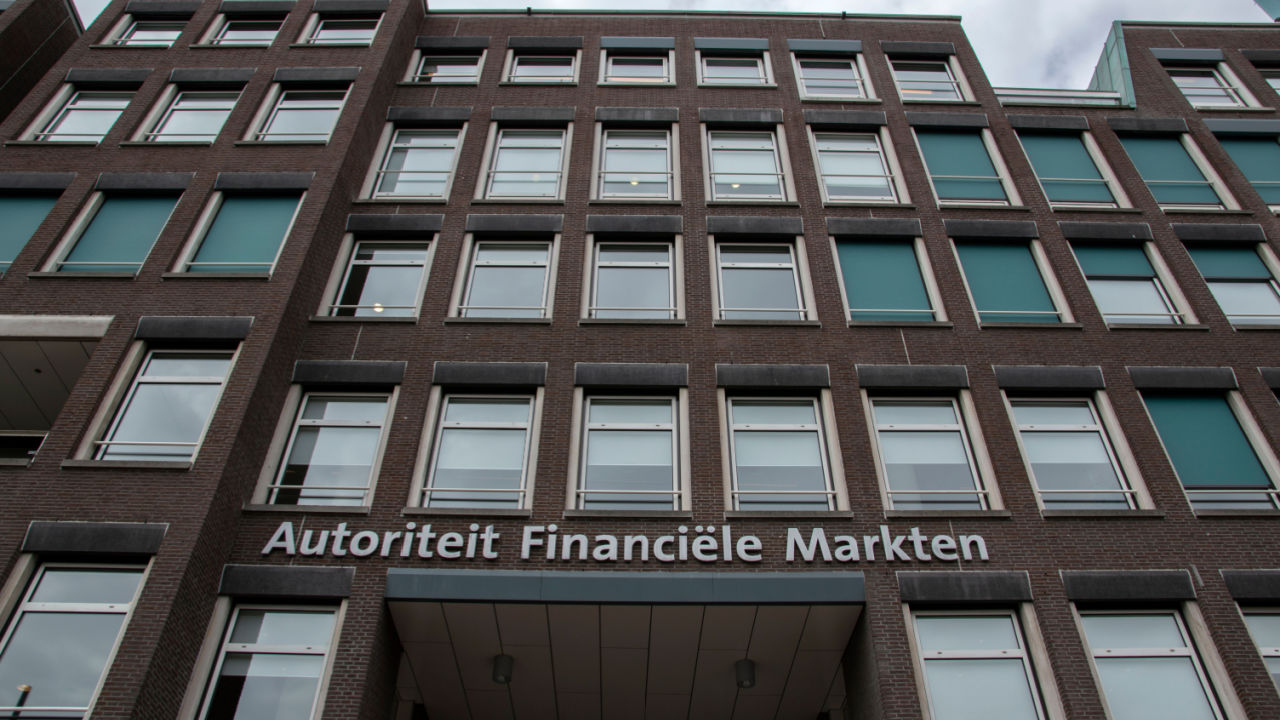
The Dutch financial regulator intends to maintain its tough stance on the Dutch digital assets sector despite looser European rules. The head of the agency overseeing the industry does not think crypto is good news and highlights its shortcomings in the article.
The head of the Dutch financial authority said that crypto is difficult to understand and vulnerable to fraud
Laura van Geest, head of the Dutch Financial Markets Authority (AFM), noted in a column on cryptocurrencies in the economic newspaper Het Financieele Dagblad that most Western countries have “tightened the reins” on cryptocurrencies.
However, despite the tightening in the final stages of negotiations on the EU’s crypto asset market (MiCA) law, future regulations will remain less restrictive on cryptocurrencies than on existing financial instruments, the executive said, noting that.
We do not believe crypto is good news. Crypto is difficult to understand and vulnerable to deception, fraud, and manipulation.
Laura van Geest pointed out, as critics usually do, that the value of crypto assets is based primarily on speculation and that prices can fluctuate significantly. ‘We don’t hide our views. Financial sector players are aware of their responsibilities and consumers have been warned of the risks,’ she added.”
According to AFM’s own estimates, there are just under 2 million crypto owners in the Netherlands, most with investments of less than €1,000, and Van Geest also acknowledged that the connection between the crypto world and the country’s traditional financial sector is still limited.
EU institutions and member states reached an agreement on MiCA last year. It will introduce rules for cryptographic service providers across 27 countries, which will need regulatory approval to operate in the common market.
“Do we reduce supervision to the lowest level in order to compete with other countries? Or do we say that those applying for a Dutch license visit the AFM precisely because of our solid image? We choose the latter,” the head of the Dutch financial authority insisted.
Laura van Geest emphasized that the Netherlands is taking this path, even if it means that some of these companies will look elsewhere and try to enter the Dutch market through another European jurisdiction.
“Warnings from regulators have become a reality in the crypto winter,” Van Geest also said in her articlewhich came out when former Belgian Finance Minister Johan Van Overtveldt urged the government to ban cryptocurrencies altogether. He was citing the current banking crisis involving the collapse of two cryptocurrency-friendly banks.
Image credit: Shutterstock,














